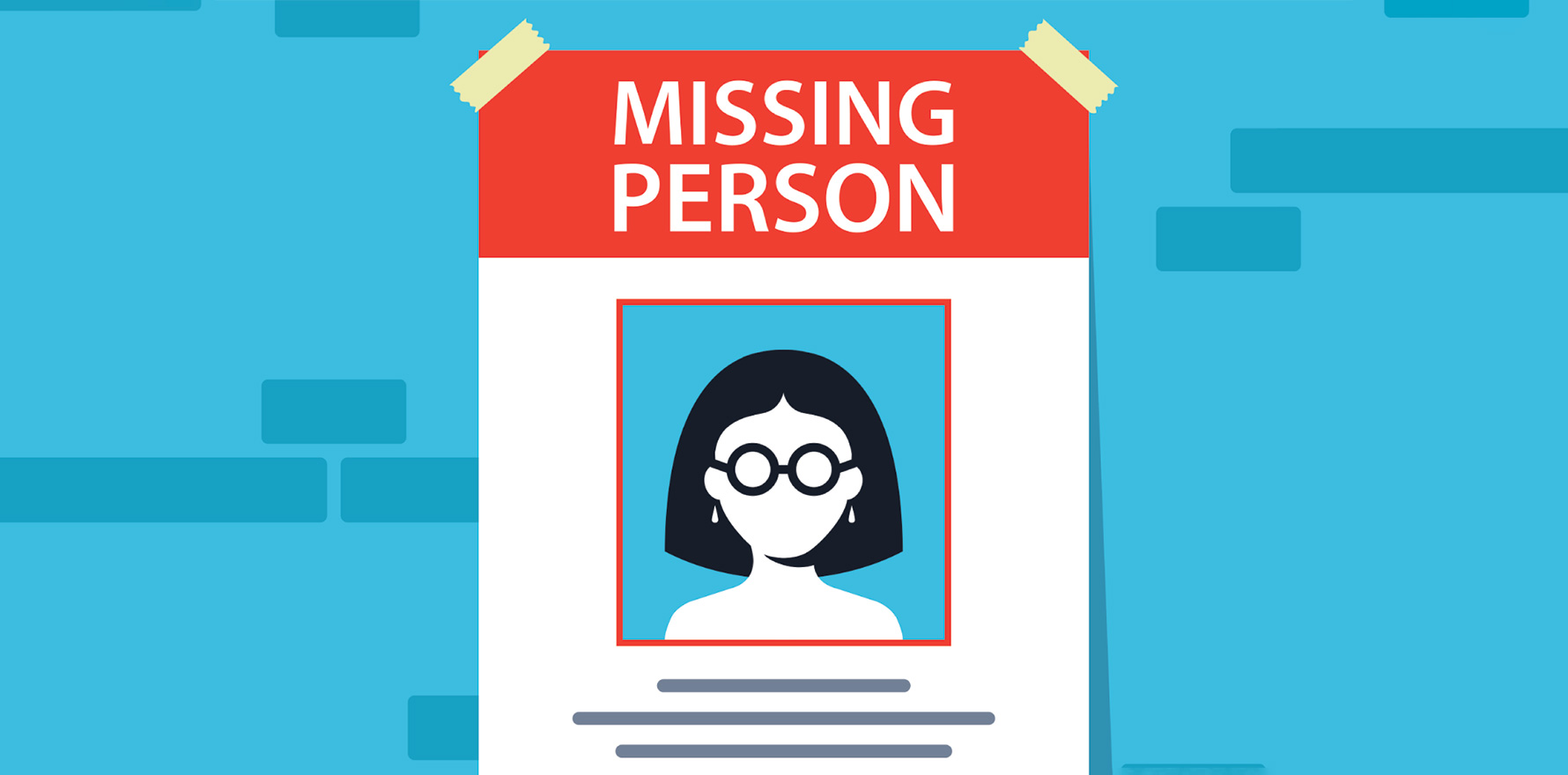Is it fair for a GP to insist on a longer appointment after a prolonged absence? Non-GP specialists do.
Do we have grounds to insist on long appointments for returning patients?
I suppose it depends on you and your practice.
Recently I ran into an interesting dilemma.
Each week I hear how much harder it is for people to access their GP, or even any GP. Given the current GP crisis, I anticipate this will only worsen in the short term.
Some patients, to avoid missing out due to GPs closing books, lock in appointments every three to six months as some are beginning to discharge patients after prolonged absence.
This week I have had a few patients whom I’ve not seen in anywhere from 12 to 48 months contact us, asking to return.
Similar to patients returning to non-GP specialists after an absence of a year or more, I ask they begin again with an extended consultation and associated higher fee as a new patient so I can ensure adequate time to update their files, medical history, have a new plan in place and ensure we are still a good therapeutic fit.
Inevitably, some random strangers have taken umbrage with this when I posted to my social media.
One woman commented: “I hope you have a large customer base, because this would stop me from ever wanting to be a customer!”
Me: Ummm … that is kind of the point, Susan.
Health has become so heavily commoditised that most people see it as no different to booking in at a restaurant, and then cancelling last minute without much thought to the consequences for the table reserved for them or the gap it leaves for the business.
Those who read my musings regularly know my stance on that; this is similar yet different.
If a non-GP has not been seen for a year or more, they insist on a new referral and a longer consultation, even if in reality, that consult is only five minutes long.
In our speciality, and certainly in my own practice, I spend a significant amount of time with returning patients, up to 45 minutes, updating their file, checking medication, getting background information on what has happened in the interim and devising a plan for the future.
All this takes time, and cannot be rushed, especially as I tend to attract a subset of patients with significant mental health issues where a lot of explanation and handholding is initially required. It is never just a “quick” issue, and I am happy to take the time, but I also expect to be renumerated for it appropriately and to ensure that we are still a good fit going forward.
I admit however, that this pushback takes its toll. The person who commented above also made a note when a few of my patients jumped into the fray to defend my practice, saying “Fine, she can simply drop these people quietly to the bottom of her list and not announce it to social media.”
Which then leads into another expectation that we all seem to have as a society – “Be nice to my face and mean to my back, and that is better than simply being kind to my face by saying no, and allowing me to look for another provider.”
Me, I’d rather be kind by being direct about my expectations and consequences and allow people to decide if it works for them; if not, they should go elsewhere. To me, that is far kinder than being oblique and stringing someone along.
I’ll freely admit, the main other reason I am so direct with people is that I use my social media presence, including in these articles, to broadcast my standards and expectations – I want to repel anyone who is not right for me, leaving the door open only for those who are.
It is exhausting to meet with people who are unaligned who nonetheless insist that I do things their way based on their google search, as if this was simply a transaction and a retail sale. For me, it is far easier if these people simply never make an appointment to see me, want nothing to do with me, while those who like the way I work, who are quietly lurking, make an appointment, follow all my rules and come in saying “I hope you and I can work together.”
What’s the problem?
As always, the magic is in the details, and in healthy effective boundaries. The more of us there are with healthy boundaries, the more easily we will, as a collective, find more enjoyment in our work and face less opposition and burnout.
Boundaries are life. There is, quite simply, no other way around it and the sooner we do the work needed the easier it gets.
Remember, friends – we are not employees, we are self-employed and barring true emergencies we have NO obligation to say yes to patients who are not a good fit for us, risking complaints, abuse and more in the process. In fact, this is for me the biggest perk of being self-employed: being able to create my own destiny.
Dr Imaan Joshi is a Sydney GP; she tweets @imaanjoshi.





